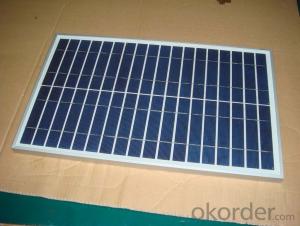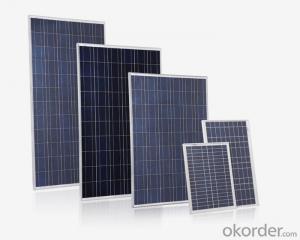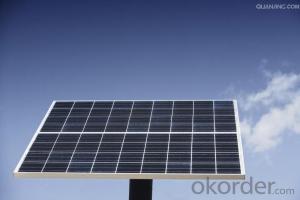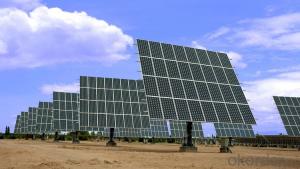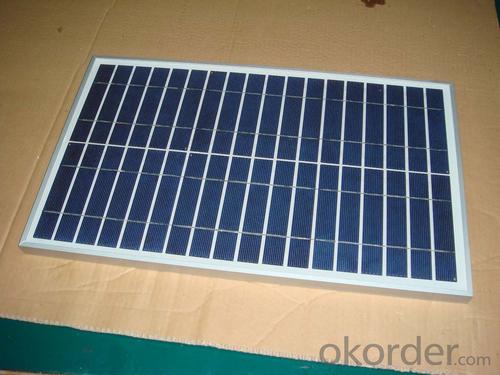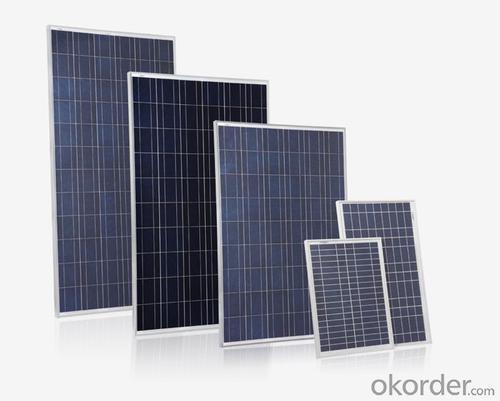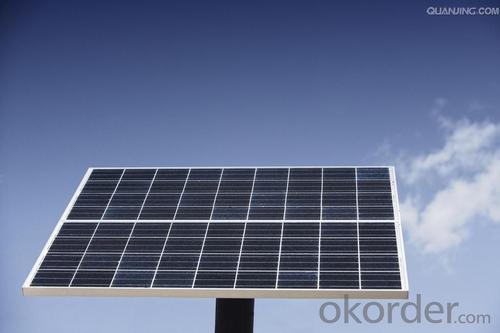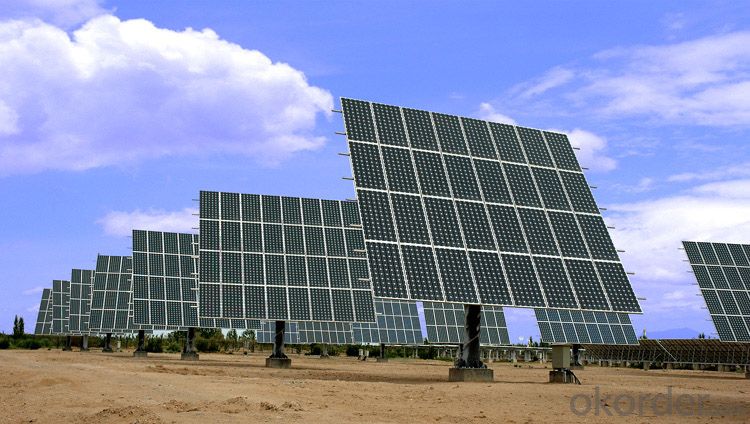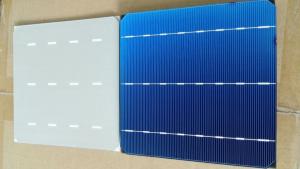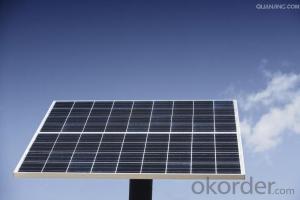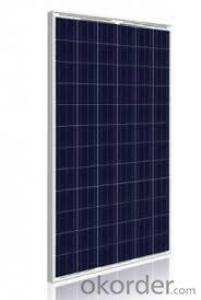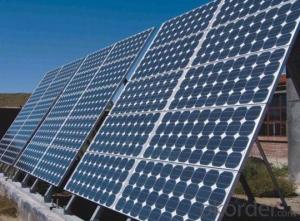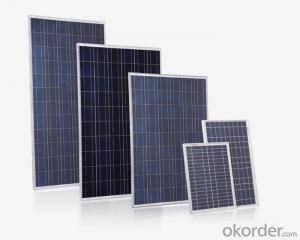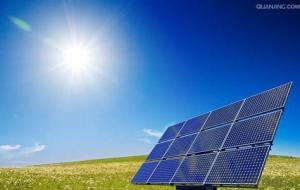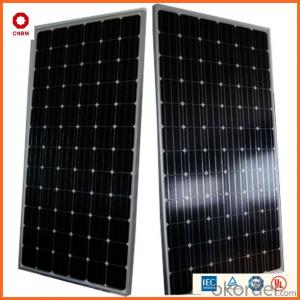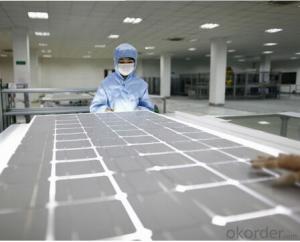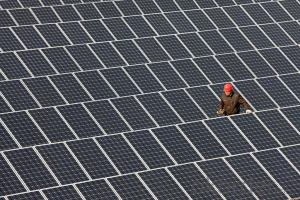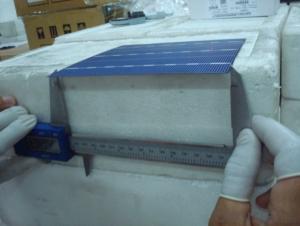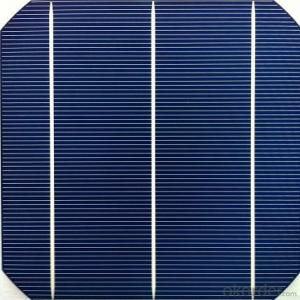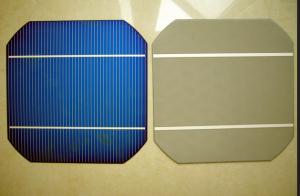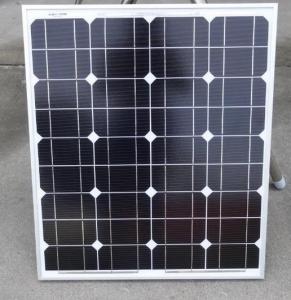Aoshike Solar Cells Favorites Compare Hot TÜV CE UL MCS OHSAS18001 CEC Mono Crystalline 60M 250W Solar Panel
- Loading Port:
- China Main Port
- Payment Terms:
- TT OR LC
- Min Order Qty:
- -
- Supply Capability:
- 10000000000000 watt/month
OKorder Service Pledge
Quality Product, Order Online Tracking, Timely Delivery
OKorder Financial Service
Credit Rating, Credit Services, Credit Purchasing
You Might Also Like
Quick Details
| Place of Origin: | Guangdong China (Mainland) | Brand Name: | SunnyPower | Model Number: | SPM |
| Specification: | Normal | Application: | Home | Output Voltage (V): | 12VDC 24V DC |
| Load Power (W): | Depands | Solar Power (W): | 5W--300W | Certification: | VDE,IEC,CSA,UL,CEC,MCS,CE,ISO,ROSH |
| Size: | Customized dimensions | Max power: | 5W---300W | Cable: | MC-4 and connector |
| Frame: | White or black aluminum | Glass: | Low iron tempered glass | Cell type: | Mono crystalline and Poly crystalline |
| Cell brand: | Taiwan Motech | System voltage: | 12v or 24v |
Packaging & Delivery
| Packaging Detail: | Each panel with one single caton,and then 10pcs/5pcs with one outer carton,finally use wooden pallets to pack the cartons. |
| Delivery Detail: | 20 days |
Specifications
solar panels from 5W--300W, made of TAIWAN MOTECH brand cells,with CO in TAIWAN,Mono and Poly with VDE,IEC,CSA,UL,CE,ISO.
We import solar cells from Taiwan Motech brand, with this CO in taiwan and our CSA certification,we can still sell goods to Anti-dumping areas like USA. Our main products are solar panels, off grid and on grid solar home systems , solar street lighting systems, solar water heating system,solar pump,solar attic fan, solar DC LED lights and solar DC refrigerators.
Certificates : ISO, CE, VDE IEC, MCS, CSA-UL, CEC.
Delivery time: sample 10days, order 25-30days.
Sample: charged.
Payment term: T/T 30% as deposit, 70% before shipment. Or irrevocable L/C at sight.
Trade term: FOB Shenzhen or CIF destination seaport or Airport.
Delivery time: sample 10days, order 25-30days.
Sample: charged.
Payment term: T/T 30% as deposit, 70% before shipment. Or irrevocable L/C at sight.
Trade term: FOB Shenzhen or CIF destination seaport or Airport.
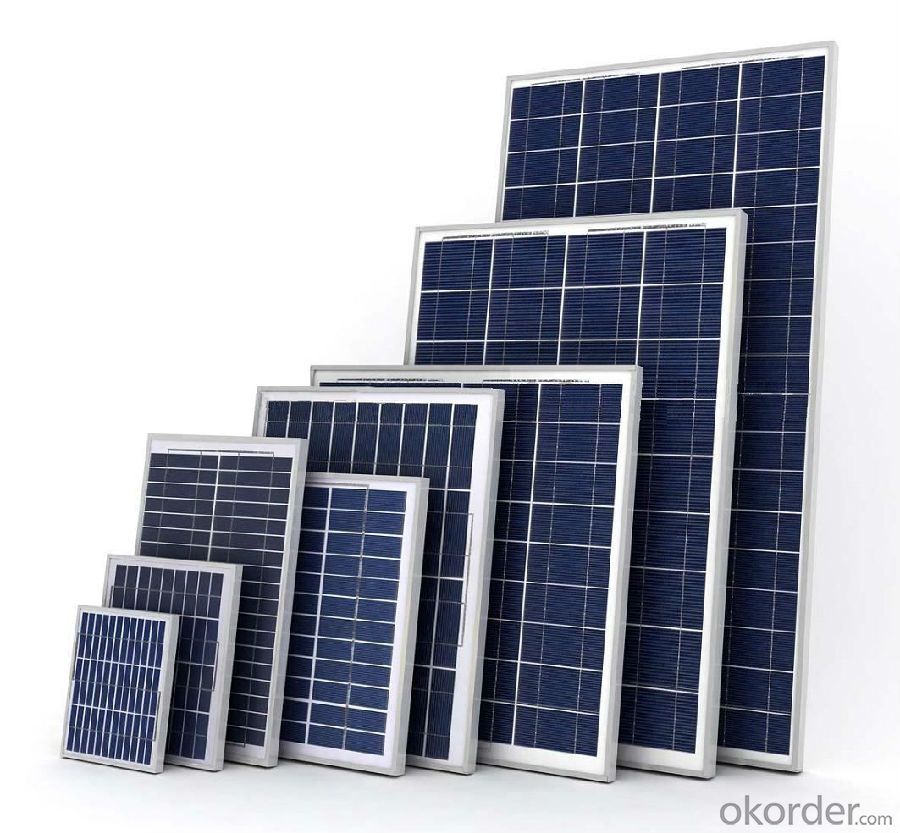
- Q: How do solar cells perform in high altitude regions?
- Solar cells perform more efficiently in high altitude regions due to several factors. Firstly, high altitudes often have less air pollution, which means there are fewer particles in the air that can block or scatter sunlight. This allows solar cells to receive more direct sunlight, resulting in increased energy production. Additionally, solar cells operate more efficiently at lower temperatures, and high altitudes generally have cooler temperatures compared to lower elevations. Cooler temperatures help to reduce heat-related losses and improve the overall performance of solar cells. Therefore, solar cells in high altitude regions tend to generate more electricity and have higher conversion rates.
- Q: Can solar cells be used on satellites?
- Yes, solar cells can be and are commonly used on satellites as their primary source of power. Solar cells convert sunlight into electricity, providing a reliable and renewable source of energy for satellites in orbit around the Earth.
- Q: Can solar cells be used to power parking meters?
- Yes, solar cells can be used to power parking meters. Solar cells convert sunlight into electricity, making them a sustainable and environmentally friendly power source for various applications, including parking meters. By harnessing solar energy, parking meters can operate independently, reducing the need for frequent battery replacements or connection to the electrical grid.
- Q: How do solar cells perform in different climates?
- Solar cells can perform well in a variety of climates, although their efficiency may vary. In sunny climates, solar cells generally produce more electricity due to the abundance of sunlight. However, even in cloudy or cold climates, solar cells can still generate a significant amount of power, albeit at a slightly reduced efficiency. Overall, solar cells can function effectively in different climates and contribute to renewable energy generation.
- Q: How long does it take to make a solar cell?
- Solar cell requires the sunlight to be made eventually, so if it's not sunny at all, it will take you much longer than you thought.
- Q: How to explain to students how the solar cells are made?
- The best way to explain that to students is to take them to a solar cells workstation if possibile.
- Q: Can solar cells be used on boats?
- Yes, solar cells can be used on boats. In fact, they are a popular and efficient way to generate electricity on marine vessels. Solar panels can be mounted on the deck or roof of a boat to harness sunlight and convert it into usable energy, powering various devices and systems onboard. This renewable energy source is environmentally friendly, reduces reliance on fuel-powered generators, and provides a sustainable solution for boats to generate electricity while out on the water.
- Q: Can solar cells be used for water heating applications?
- Yes, solar cells can be used for water heating applications. Photovoltaic (PV) solar cells can convert sunlight directly into electricity, which can then be used to power electric water heaters. Additionally, solar thermal collectors can be used to heat water directly by absorbing sunlight and transferring the heat to the water. Both methods offer efficient and sustainable alternatives to traditional water heating systems.
- Q: Can solar cells be used for powering remote medical clinics?
- Yes, solar cells can be used for powering remote medical clinics. Solar energy is a reliable and sustainable source of power that can be harnessed in remote areas where access to electricity is limited. By installing solar panels, medical clinics can generate electricity to power essential medical equipment, lighting, and other necessary devices, ensuring continuous operations and better healthcare services even in remote locations.
- Q: How do solar cells affect the environment?
- Solar cells have a positive impact on the environment. They produce clean, renewable energy by converting sunlight into electricity, reducing the reliance on fossil fuels. Solar cells emit no greenhouse gases or air pollutants during operation, helping to combat climate change and improve air quality. Additionally, they have a minimal impact on water resources and land use compared to other energy sources.
Send your message to us
Aoshike Solar Cells Favorites Compare Hot TÜV CE UL MCS OHSAS18001 CEC Mono Crystalline 60M 250W Solar Panel
- Loading Port:
- China Main Port
- Payment Terms:
- TT OR LC
- Min Order Qty:
- -
- Supply Capability:
- 10000000000000 watt/month
OKorder Service Pledge
Quality Product, Order Online Tracking, Timely Delivery
OKorder Financial Service
Credit Rating, Credit Services, Credit Purchasing
Similar products
Hot products
Hot Searches
Related keywords
